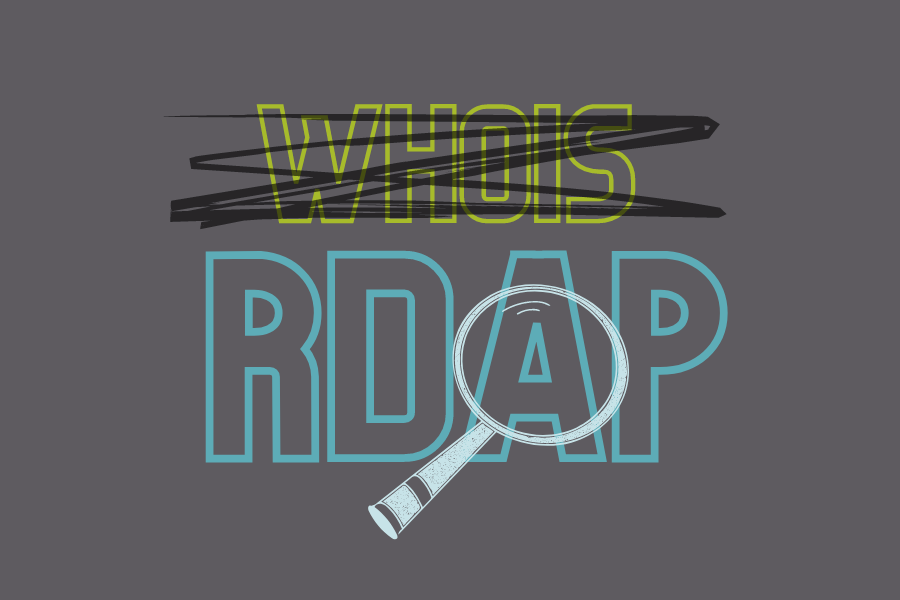ICANN is working on a Global Amendment to the base gTLD Registry Agreement (RA) and the Registrar Accreditation Agreement (RAA) to ensure registries and registrars provide responses via Registration Data Access Protocol (RDAP) in a standardized format (instead of using the current WHOIS Protocol) and comply with the gTLD RDAP Profile. It is a purely technical amendment, negotiated with all the technical operators, necessary to adapt the contracts to more efficient ways of providing these services. It is also aimed at allowing tiered access to registration data: for instance, providing only basic information to the public in general but more detailed registrant information to Law enforcement agencies and security experts.
The CORE Registry and Registrar Platforms already have the RDAP implemented. It has been available for a long time and CORE/COREhub have enabled it for all the Registries and Registrars we serve. Therefore, the expected approval of this Global Amendment will not imply any operational change for CORE’s members and customers.
Background
As is known, currently Registries must have a service that publishes which domains are registered, which are the associated servers, who is the registrant (only if it is a legal entity, and it appears in the Organization Name field) and, if the registrant is not published, at least the jurisdiction in which it is located and some other information. This is the famous WHOIS.
The RA and RAA generally refer to RDDS: Registration Data Directory Services. WHOIS is one, which was until now mandatory, and the RDAP is another one, which was not completely developed back in 2013/14, when most Registries and Registrars signed their agreements with ICANN. This contractual amendment now aims to add both the obligation to activate the new RDAP service, as well as the mentioned specifications, and the corresponding SLAs. At the same time, it foresees a “phasing out” of WHOIS (the part used by automated systems, since this is what RDAP will do).




